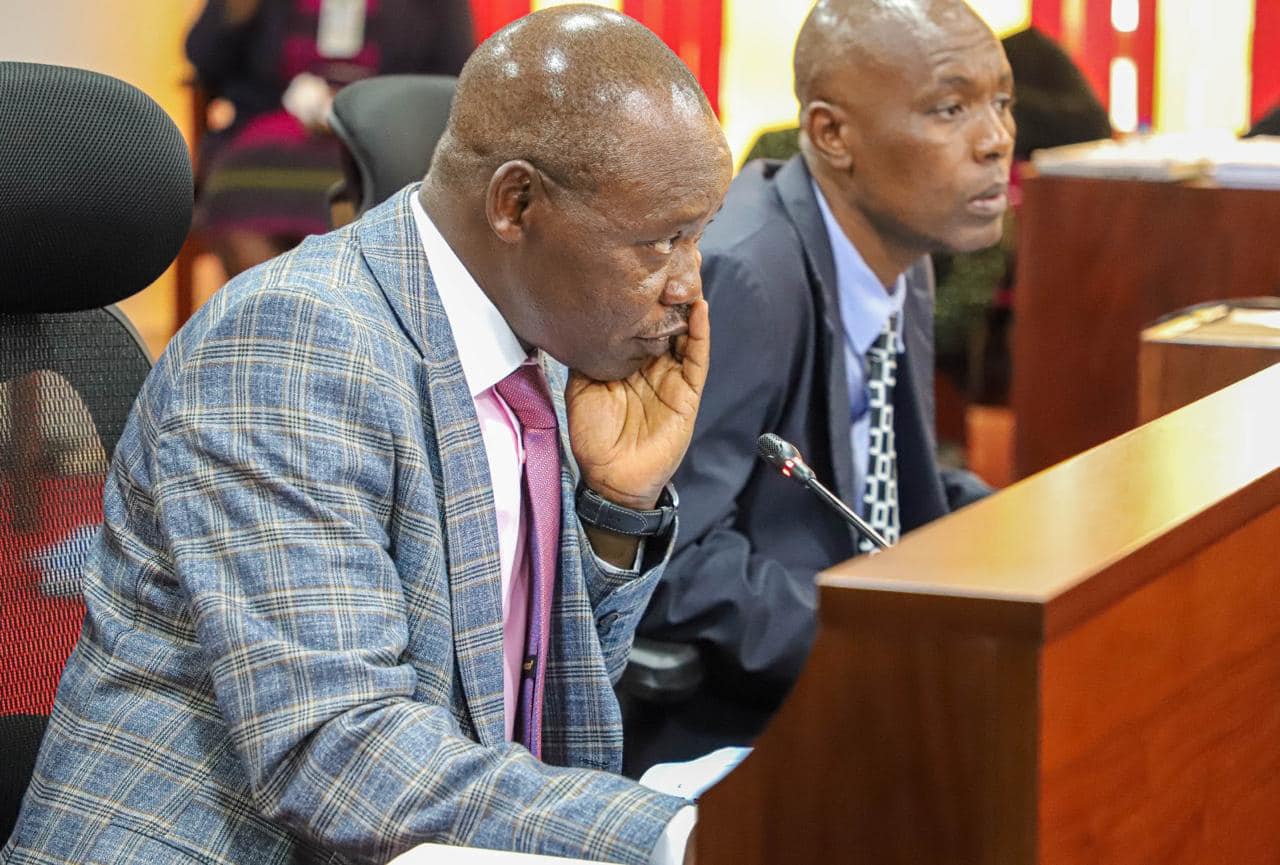Kenya’s increasing public debt poses significant risks to financial stability and the economy which is projected to grow by 5 per cent this year, experts have warned. Economists at Cytonn investments say that despite being one of the fastest growing economies in sub-Saharan Africa with a projected economic growth rate above the region’s average of 3.7 per cent, the country is grappling with a high debt burden.
“Kenya is grappling with a high debt burden, facing elevated risk of debt distress and significant challenges in managing its public debt, which has increased rapidly in recent years,” the Cytonn analysts said in their weekly report.
According to Central Bank of Kenya’s (CBK) Weekly Bulletin Report, Kenya’s public debt reached Sh10.6 trillion, (equivalent to 70 per cent of GDP) as of end of June 2024.
This marks a 2.9 per cent increase from the Sh10.3 trillion (70.8 per cent of GDP) recorded in June 2023 which is above the International Monetary Fund’s (IMF) recommended threshold of 50 per cent for developing nations.
Cytonn analysts say the rising public debt has raised concerns about its sustainability and implications for fiscal and macroeconomic stability. “These concerns have seen credit rating agencies such as Fitch, Moody’s, and S&P Global maintaining Kenya’s credit outlook at negative, resulting in higher borrowing costs in the international market,” they added.
Notably, earlier this month, Moody’s downgraded Kenya’s credit score by one scale to Caa1, from B3 on the back of the country’s inability to implement its fiscal consolidation measures focused on revenue, which are necessary to reduce overall debt. Additionally, S&P Global has scheduled a review on August 23, 2024 to decide on Kenya’s sovereign credit rating.
Downgrade warning
“The firm may either downgrade Kenya’s B credit score to B- or maintain the current rating but keep it on downgrade warning with a negative outlook. S&P Global is adopting a wait-and-see approach to gain more clarity on the appropriation bill, spending allocations, the final budget, and the finance bill,” Cytonn stated.
Kenya’s fiscal troubles stem from self-inflicted policies, highlighted by President William Ruto’s withdrawal of a controversial Finance Bill 2024/25, following widespread protests. The bill aimed to address Kenya’s soaring public debt, which has nearly doubled from 41 per cent of gross domestic product (GDP) in 2014 to a projected 78 per cent in 2024, largely due to debt-financed infrastructure projects like the Standard Gauge Railway (SGR).
Despite ambitious infrastructure investments, social returns remain minimal, with stagnant GDP growth and increasing poverty levels. Public discontent over fiscal decisions has led to protests, emphasising the perception that ordinary Kenyans bear the debt burden while elites benefit.
The country’s overall fiscal deficit level, inclusive of grants increased by 0.3 percentage points to 3.6 per cent of GDP, from the original projection of 3.3 per cent of GDP, while the public debt to GDP ratio is projected to decline to 58.2 per cent in 2024. “We expect government efforts to be impeded by the deteriorated macroeconomic environment,” the Cytonn experts say, while highlighting the Purchasing Manager’s Index (PMI) that dropped to 47.2 in June 2024, signaling worsening business conditions. High fuel prices and rising living costs further threaten revenue collection, they add. To alleviate interest rate pressures, the government is working to reduce domestic borrowing.



















